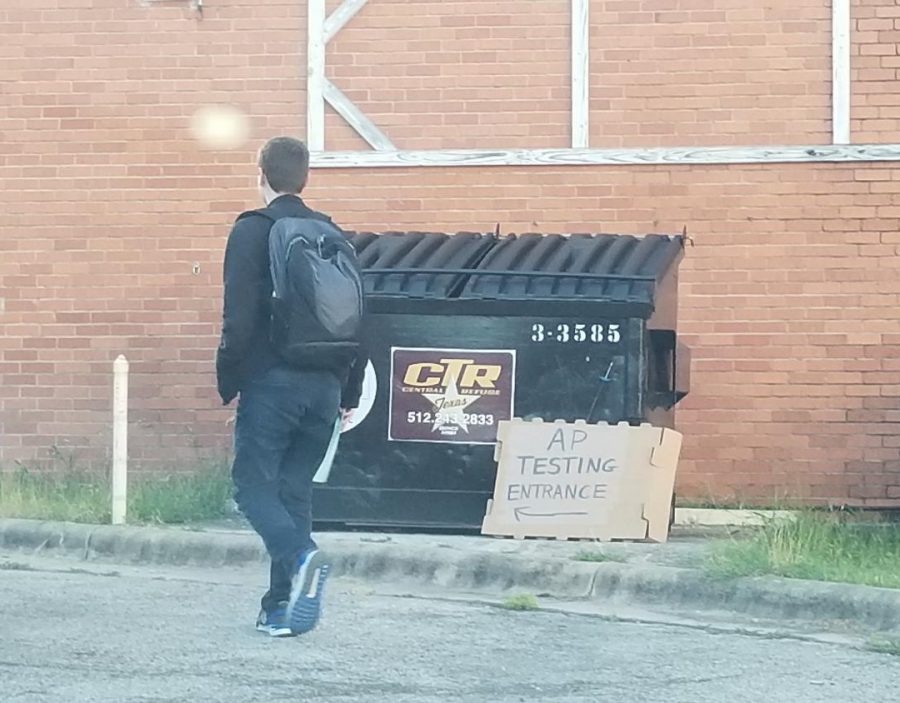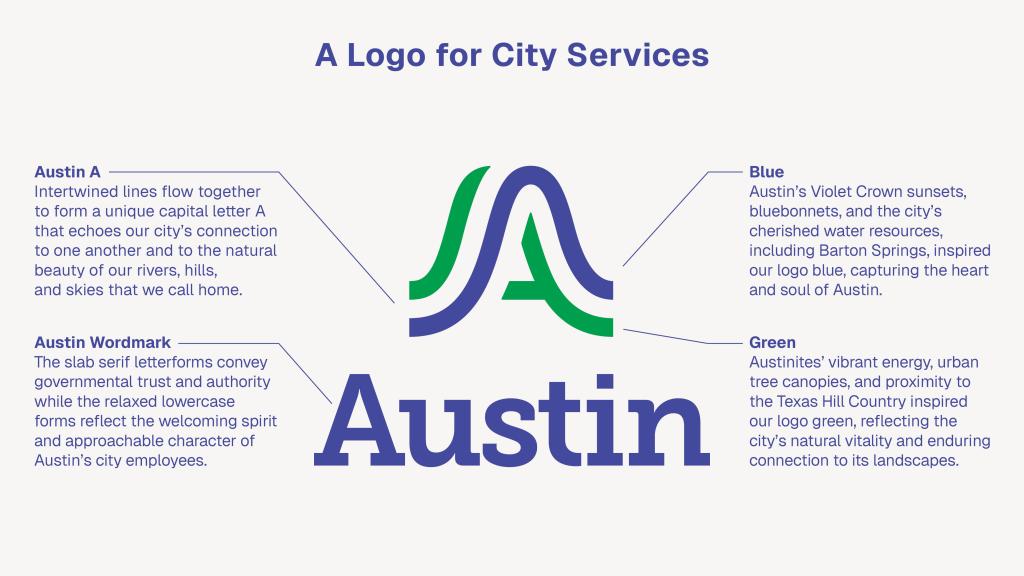It is mid February, and teachers are beginning to pass out the popular final exemption forms, formally called AP test order forms. At $94 a pop, many put their pencils down right then, unable to afford to pay for the expensive college-assessment test, but for many enrolled in Advanced Placement, or AP, classes, students start checking off test after test that they will be taking in the isolated room in the church across the street from McCallum in May.
According to the College Board—the company that writes and administers the AP and SAT tests—the fundamental goal of AP tests is to give students the opportunity to get college credit for an AP class they took in high school if they score above a 3 on the cumulative exam. As a student with testing anxiety and dyslexia, however, I have never benefited from being able to “show what I have learned throughout the year” through a three-hour multiple choice test despite the fact that I have taken three tests in the last two years and plan on taking four this year. This test is specifically for students who can afford to put down several hundred dollars. Even if they can afford to pay for the test, there is no guarantee that they will pass, even if they are a straight-edged student who is good at taking multiple-choice tests and can remember fact after fact.
We can blame psychologist Dr. Carl Bringham for designing both the SAT and the Advanced Placement program in 1916. After years of modifying the SAT test, Bringham and The College Board only ended up undermining their original goals of having the test show actual intellectual talent. In fact, the test only favored a certain group of people. Minorities were completely discriminated against along with students who had cognitive disabilities. These tests catered specifically to students who were affluent and who shared the cultural perspective from which the tests were written. The first SAT tests were administered in the 1920s, and the rest is history for what the SAT and the AP tests have been doing to students in generation after generation.
For me, the tests are a completely unfair assessment of what I have learned in a class throughout the year. I appreciate taking AP classes because I know I will be challenged, and all the students in those classes with me are there to be challenged too, but I do not believe that the best way to see if a student is ready for college and getting exempt from the college course is through a timed test at the end of the school year. Especially since I have dyslexia, I am not able to remember specific facts that other students might be able to recall, which is critical for exams like the U. S. history AP test you can take as a junior. This system greatly benefits the student who can easily recall what was taught throughout the year. Students like me, however, who learn better through concept-based instruction and through written expression, struggle. It is not fair that we pay $100 just to get a failing score because we cannot remember facts as well as the next guy.
At this point, the main reason that I even take the AP test is not because I will get college credit, because there is a pretty low chance of that happening, but rather because I will be exempt from that class’s final exam. I hope that one day, the College Board will realize the gap that they are creating for kids discriminated against because of race, socioeconomic status, or a learning difference and try to actually come up with an assessment solution to solve the problems.







